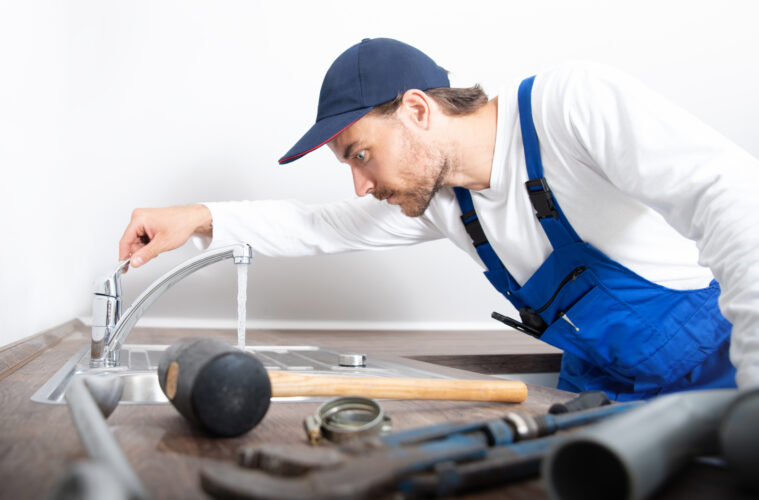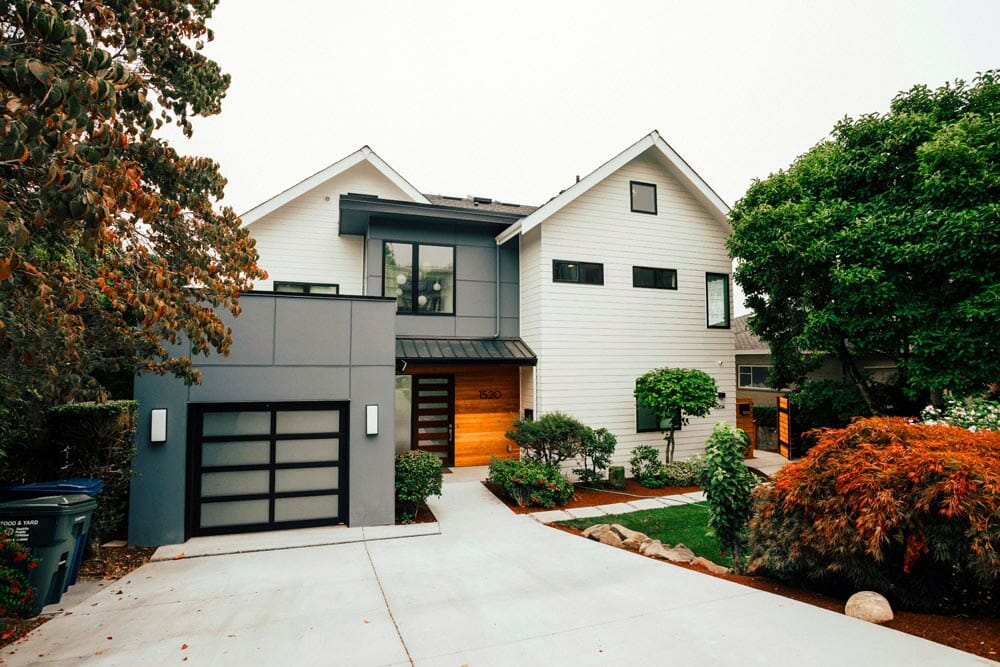One of the most important aspects of owning a home is keeping on top of maintenance issues. Knowing the correct way to prevent issues, as well as ways you can catch and stop them early will potentially save you hundreds, if not thousands of pounds.
Even if you’re renting and you have the plus side of certain issues being the landlord’s responsibility to fix, it’s still good practice to do things properly. Not only could the repair work be a massive inconvenience to you if it comes at a time when you’re busy, but if you’ve massively neglected something or caused a lot of damage due to recklessness, you could be waving goodbye to your deposit.
What Needs Maintenance and Why?
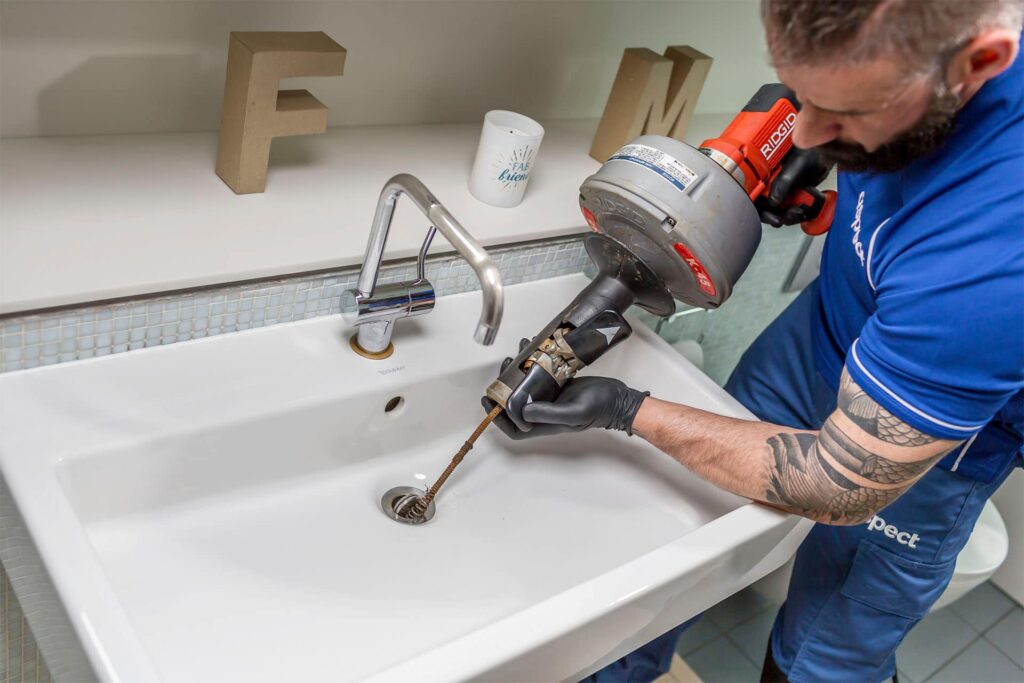
source: pinterest.com
One of the biggest maintenance tasks in a house is the plumbing system. If not cared for properly, plumbing problems can become a serious headache. A shower or tap not working as well as it should can be frustrating, but water damage from leaks and burst pipes is a progressively worsening nightmare.
Why You Shouldn’t Leave a Problem for Too Long
Though people commonly tolerate these problems for a long time as they fear the repair work costs, leaving it for too long can lead to more and more expenses. You could end up having to splash out on damaged property such as rotting floorboards or need a plasterer to fix a cracked or sagging ceiling – and this will be on top of paying for the initial plumbing repair work that caused these problems in the first place!
To help you avoid this issue from snowballing into something bigger, here are a few tips on how to stop blockages from happening to your toilets, pipes and drains, as well as some tips on drain and sink unblocking. Blockages are one of the first signs something is wrong with your plumbing, so stopping them can prevent further issues down the line.
Signs of Blockages
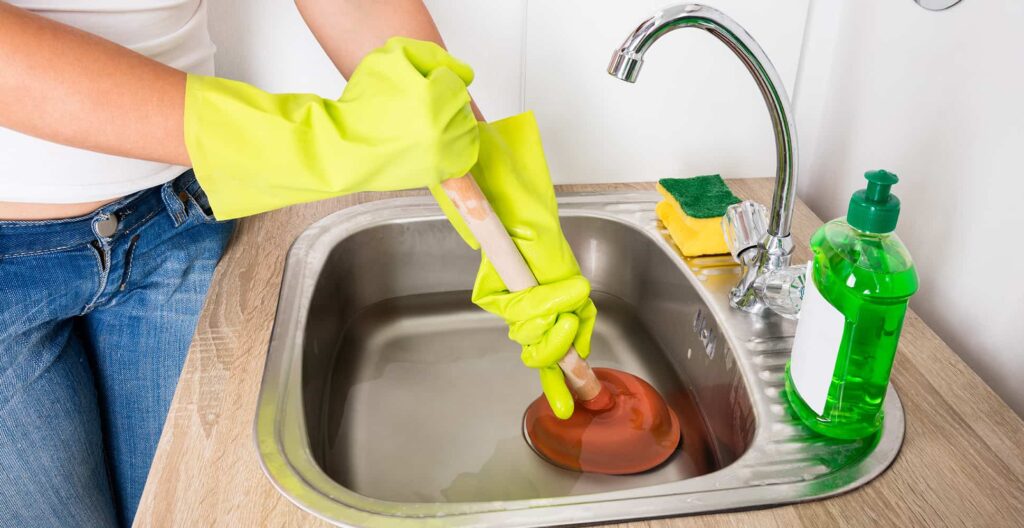
source: pinterest.com
There will be several warning signs that a blockage is building up in your drains. These include:
Raised water levels – Perhaps the easiest sign to detect, as you should visually notice the problem soon enough. Check if your toilet water level raises higher than usual after flushing, this could mean that there’s a blockage, especially if it happens constantly. If it overflows, there could be a serious issue.
Draining water slowly – Another sign closely linked to raised water levels is the water draining slowly. Perhaps your sink takes longer to empty completely after doing the washing up? The same could happen in the bathtub when showering, water doesn’t go down the plughole instantly and instead it turns your shower into a half shower, half foot bath.
Bad smells coming from the drain – Noticing a bad smell and wondering where it’s coming from? Check your drain to see if it’s coming from there. The unpleasant smell from drains is caused by food debris that gets stuck in the pipes and starts to decompose. This smell can get worse and more noticeable during warmer seasons, as the heat can enhance the odour.
Weird sounds – If you notice weird gurgling type noises coming from your drain, this may mean there is a blockage. The strange sounds indicate trapped air in the drain.
How Blockages Happen
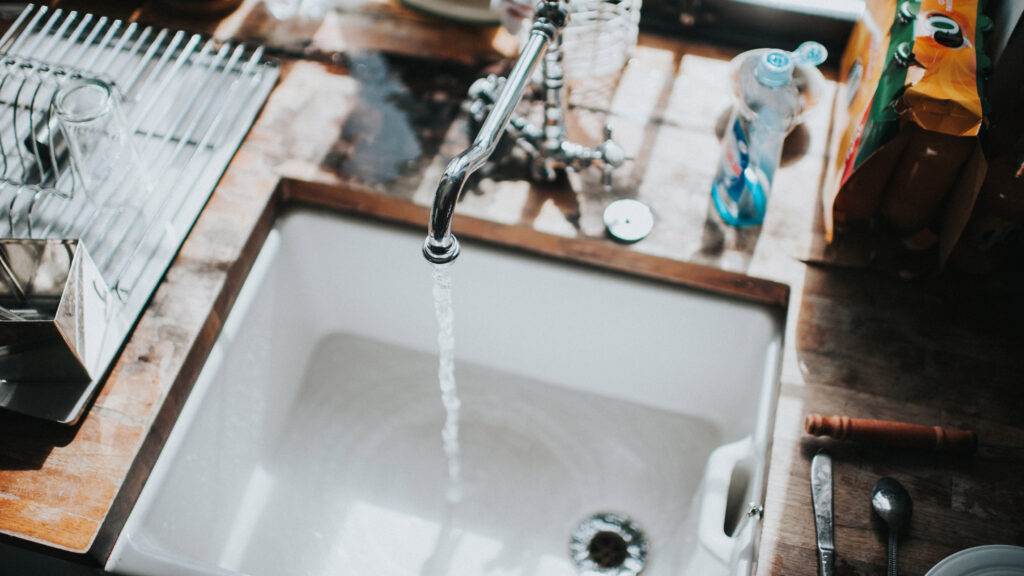
source: pinteresy.com
A lot of blockages happen due to an over reliance on drains which ends up putting a lot of stress on them. To avoid future problems, you should try to limit what you flush down a toilet or wash down a sink…
For toilets – the general rule is that only toilet paper and bodily waste should be flushed. Everything else should be disposed of in a bin, this includes things like tampons and condoms, as well as small things like contact lenses, as small bits of plastic can build up. Wet wipes are also not flushable unless specified, many people seemingly don’t know this (or don’t care) which has caused blockages, fatbergs and even an island formed of wet wipes along the River Thames.
When bathing – be cautious of what you let wash down the drain, as dirt can build up and cause a blockage. If you have a particularly dirty labouring job or you’re very active outdoors, try to wash off some of the excess dirt, mud, grass, sand, etc. outside of the bathroom first, perhaps with a hose or just brushing off as much as you can. Hair can also build up, so consider a drain protector.
Kitchen sinks – try not to let everything wash down the drain, instead scrape off as much food and sauces as possible off of plates and into the bin.
How to Fix a Blockage
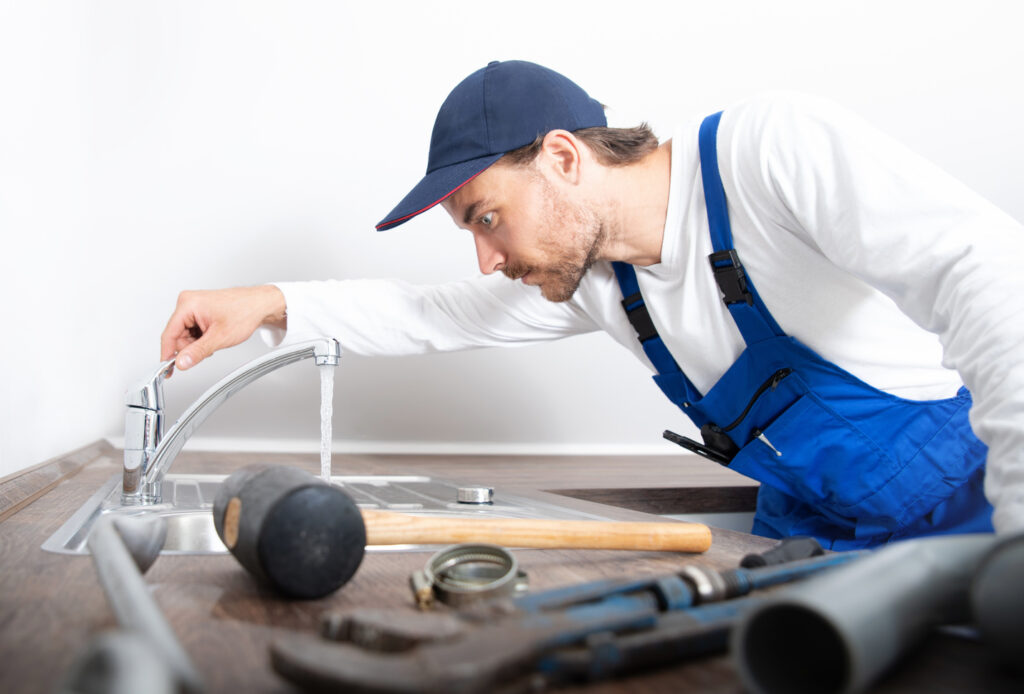
source: interest.com
There are many unblocking solutions on the market available for purchase, you can also start off with pouring boiling water down the drain to see if that improves things. If a blockage has suddenly become severe, you can always call a local plumber, just make sure you do it sooner rather than later.

